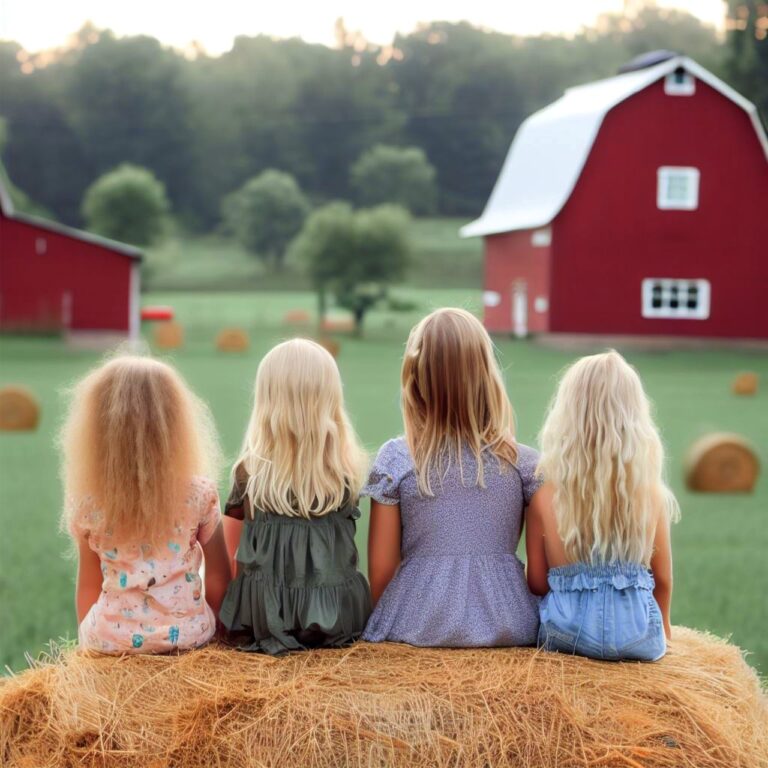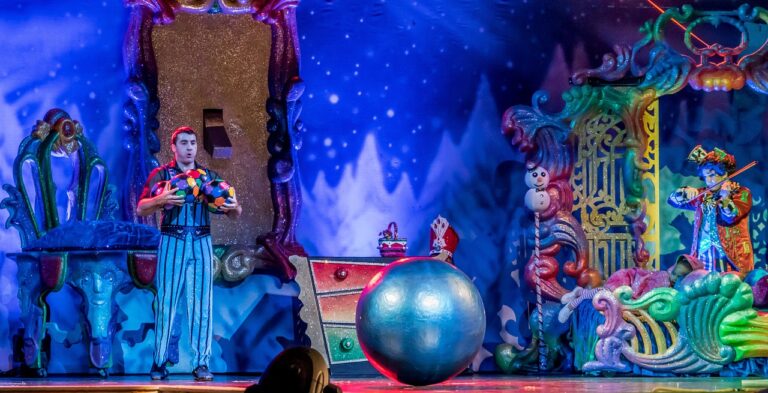The Role of Historical Reenactments in Heritage Tourism: Allexchbet, 99exch, All panel.com
allexchbet, 99exch, all panel.com: Historical reenactments play a crucial role in heritage tourism, allowing visitors to experience a glimpse of the past in a dynamic and engaging way. These immersive experiences bring history to life, providing a deeper understanding of a destination’s cultural heritage and historical significance. From battle reenactments to period-specific festivals, historical reenactments offer a unique opportunity for tourists to step back in time and connect with the past.
The Role of Historical Reenactments in Heritage Tourism:
1. Authenticity and Immersion: Historical reenactments strive for authenticity, with participants dressing in period-appropriate costumes and using historically accurate props and settings. This attention to detail creates a truly immersive experience for visitors, transporting them back in time to a different era.
2. Educational Value: Historical reenactments provide a hands-on learning experience for tourists of all ages. By witnessing historical events reenacted before their eyes, visitors gain a better understanding of the past and its impact on the present.
3. Cultural Preservation: Through historical reenactments, communities can preserve and celebrate their cultural heritage. These events help to keep traditions alive and ensure that important historical events are remembered and honored.
4. Economic Impact: Historical reenactments can also have a positive economic impact on a destination. Tourists are drawn to these events, boosting local businesses and providing opportunities for job creation and revenue generation.
5. Community Engagement: Historical reenactments often involve volunteers from the local community, fostering a sense of pride and camaraderie among participants. These events bring people together to celebrate their shared history and heritage.
6. Tourism Promotion: Historical reenactments can attract visitors from near and far, boosting tourism in a region. By showcasing historical events in a compelling and interactive way, destinations can draw in tourists who are interested in exploring the past.
7. Cultural Exchange: Historical reenactments can also promote cultural exchange and understanding between different communities. Visitors from diverse backgrounds can come together to experience and learn about a shared history, fostering connections and mutual respect.
Despite the many benefits of historical reenactments in heritage tourism, it’s essential to approach these events with sensitivity and respect for the past. Historical accuracy, inclusivity, and authenticity are key factors in ensuring that these reenactments are educational, engaging, and meaningful to visitors.
Overall, historical reenactments play a vital role in heritage tourism, offering visitors a unique and immersive way to explore the past. By preserving cultural traditions, promoting education, and fostering community engagement, these events contribute to a deeper appreciation of history and heritage.
FAQs:
Q: Are historical reenactments always accurate representations of the past?
A: While historical reenactments strive for authenticity, there may be some discrepancies or interpretations in the retelling of historical events.
Q: How can I participate in a historical reenactment?
A: Many historical reenactments welcome volunteers and participants from the community. Check with local historical societies or event organizers to learn how you can get involved.
Q: Are historical reenactments suitable for children?
A: Historical reenactments can be a fun and educational experience for children, but parents should consider the content and themes of the event before attending.
Q: Do historical reenactments have an impact on local tourism?
A: Yes, historical reenactments can attract tourists to a destination, boosting the local economy and promoting cultural heritage.
Q: Are historical reenactments only focused on military events?
A: While battle reenactments are popular, historical reenactments can cover a wide range of events and periods, including festivals, crafts, and everyday life.







